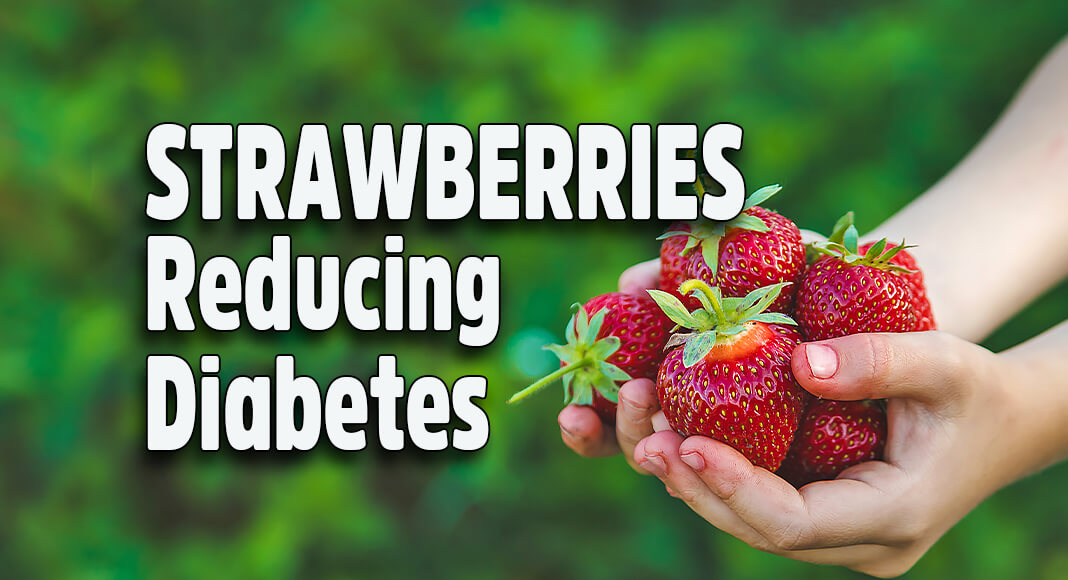
Mega Doctor News
By University of Nevada, Las Vegas (UNLV)
For more than a decade, UNLV professor Arpita Basu has been studying how strawberries can help reduce the risks of diabetes and improve overall metabolic and cardiovascular health.
“I’m quite passionate about the concept of food as medicine,” said Basu, a registered dietitian and associate professor in the School of Integrated Health Sciences. “It’s gratifying when working with patients and research study participants to give them something natural – instead of medication – to lower their risk of diabetes.”
Basu is now studying how bioactive compounds in strawberries may contribute to lowering a person’s risk for diabetes. She’s also conducted studies over the years examining the health benefits of tea, berries, and cocoa.
We caught up with Basu to learn more about her latest research and how a simple serving of strawberries each day can immensely improve our health.
What makes strawberries so healthy?
Any fruits with a deep color are typically good for you. The darker the color, the greater amount of health benefits.
This is especially true for strawberries because they are all red in color. All that red comes from different plant pigments. Some people use red wine as another common example, but berries have less sugar content than grapes.
How do strawberries reduce the risks of diabetes and other health afflictions?
A key takeaway from our strawberry studies – which I’ve been conducting at UNLV since 2017 – is a marked improvement in blood total and LDL cholesterol among participants. And better numbers in these areas is shown to reduce the possible risk of heart attack and stroke.
And one thing to point out is that you don’t need to consume a pound of strawberries a day to see a difference. There is some good research out there showing that consuming even half a cup of strawberries each day will provide your body with benefits.
Can you explain your theory of using food as medicine?
When people feel helpless about their situation, that’s when I generally see a lot of interest from them about which foods they should consume – whether it’s to prevent their risk of diabetes or something else. So, thinking of food as a form of medicine incentivizes people to eat better.
Americans don’t eat anywhere near enough fruits and vegetables in this country. It’s an urgent issue. According to the CDC, 80 million Americans have pre-diabetes and, most likely, one-in-two people with pre-diabetes will develop Type 2 diabetes. This will lead to both health and economic burdens on so many people.
In addition to my work with strawberries, I also do nutrition epidemiology research because I want to study what people are habitually consuming. I did an interventional study on the effectiveness of blueberries for women with gestational diabetes, for example, and saw improvements in blood glucose levels.
This is the importance of food as medicine. None of these adults were taking medications to manage blood glucose at the time.
There’s so much out there on which foods are healthiest for us. Any tips to cut through the clutter and make the right decision for ourselves?
As a registered dietician, I get questions about which foods certain people should eat all the time. And as a researcher, I know that there is so much information out there. When I put myself in someone else’s shoes, I think we tend to overload the public with information and it can become confusing.
I try to make recommendations by realizing what’s realistic in terms of dietary changes, food access, etc. Foods make up our diets, but if we don’t have the means, which should we focus on? Just food? Or a specific diet? It’s almost like the chicken and the egg. Something that works for me might not work for someone else.









